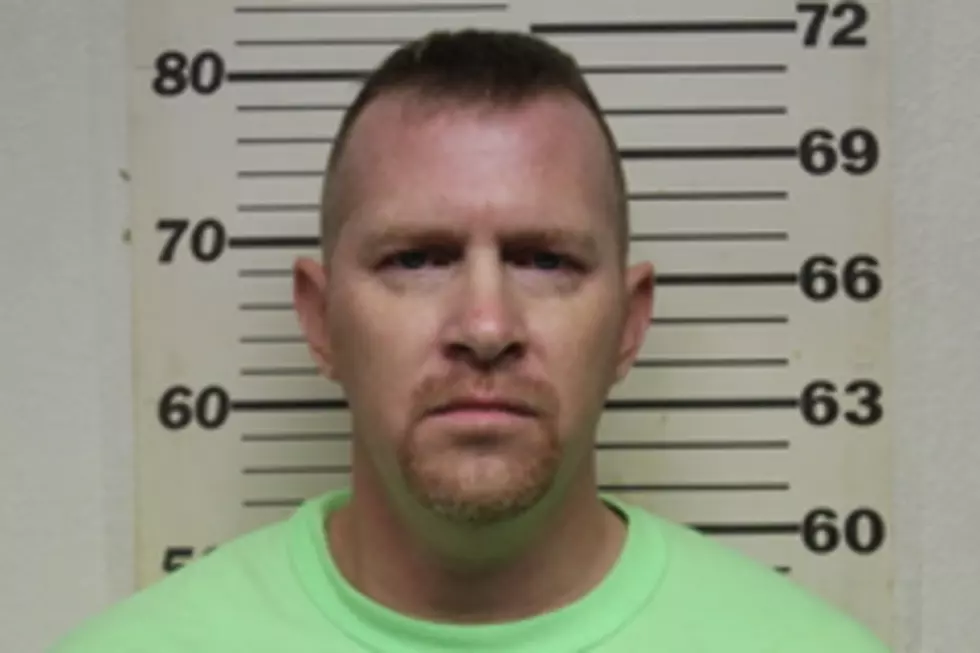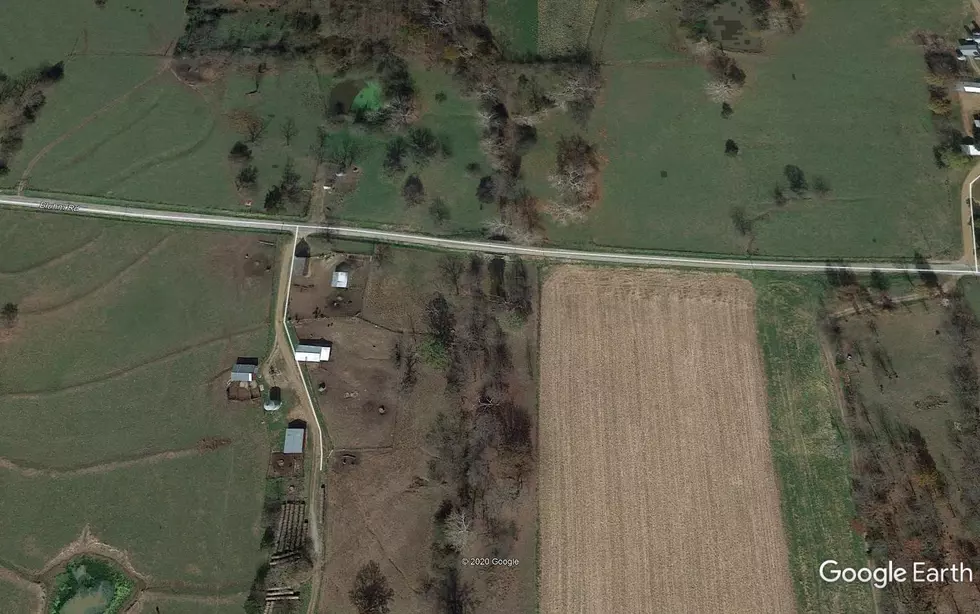
MU Nursing Students To Help With Patient Care Over Winter Break
One by one, the 70 nursing students on the late-afternoon video call turned on their cameras. Some were still in nursing uniforms from clinical, some were just taking a break from studying. Every hand was raised.
“I was in tears,” said Robin Harris, associate dean for academic affairs at the University of Missouri Sinclair School of Nursing.
She had summoned students to that meeting in early December to ask if they would give up their winter break to help out. With COVID-19 patients quickly filling MU Health Care hospital beds, the nursing staff is stretched thin, said Harris, who is part of a committee working to enhance the MU academic and MU Health Care partnership and apprenticeship opportunities.
“As we discussed the hospital’s immediate need for help, we kept throwing ideas out there to see what would stick,” she said.
The result is that the nursing school is partnering with MU Health Care to help on general care units during a time of critical staffing challenges, said Shirley Farrah, assistant dean for Nursing Outreach. With faculty or preceptor supervision, students will gain clinical skills while reducing the patient load for the regular nursing staff.
More than 90 Sinclair School of Nursing students have stepped forward. The students will receive valuable experience caring for patients, academic credit and an hourly stipend from the hospital.
Grace Opticon was in her sixth semester of nursing school when the pandemic arrived in Missouri. Though eager to put her nursing skills to work, for months her contributions were limited to encouraging front-line workers with a “Hope for Heroes” letter-writing project.
“Many of my family and close friends working in hospitals over the United States have been facing constant trials since March,” said Opticon, who is from a suburb of Memphis, Tennessee. “When presented with the opportunity to begin working in a functional nursing team to help with our health care system's stress and strain, I did not hesitate. I am grateful to assist the outstanding nursing staff at MU Health Care and bring hope to each patient’s day during what feels like a hopeless time.”
Bridgett Robbins, MU Health Care director of nursing, said the overall response from students like Opticon “feels like a breath of fresh air in the midst of the chaos of a pandemic.” The student volunteers will allow nursing staff to focus on more complex patient needs.
Mary Beck, MU Health Care chief nursing officer, said the opportunity is also a gift for the students, many of whom lost out on clinical experience in the fall due to restrictions around COVID-19. “There is nothing that can replace ‘time in the shoes’—experience with direct patient care,” Beck said.
“We have to look at silver linings when there is a crisis,” she said. “We have these students who want to learn, want to contribute, want to serve their community during a pandemic. They understand this could be their neighbor, their family, their friend. When this is done, they will be able to say, ‘I served, I made a difference.’ We are so overwhelmed by their response.”
Apprenticeship program creates workforce pipeline for MU Health Care
The format of this winter break program complements a “grow our own” Registered Nurse Apprenticeship Program, set to launch spring semester 2021, that targets nursing students from the 25 counties directly served by University of Missouri Health Care.
Nursing school applicants from these counties will have an option to participate in the apprenticeship program, which will offer one-on-one tutoring, courses on resilience and opportunities to serve as patient care techs and in other support roles, leading to “externships” in clinical settings — all as a path to eventual full-time employment at MU Health Care.
“Our goal is to establish that workforce pipeline so that the nurses we train will stay with us when they graduate and continue to serve their home communities,” said Robin Harris, associate dean for academic affairs at the MU Sinclair School of Nursing.
The local connection has outsized impact on community health, said Harris, a first-generation college graduate and nurse from Osage County. “You become the nurse for your family, for your friends. You inspire younger relatives to go to college and become nurses. You bring that knowledge back to your community. This is an exciting opportunity for our students and for health care in Missouri.”
More From KIX 105.7










